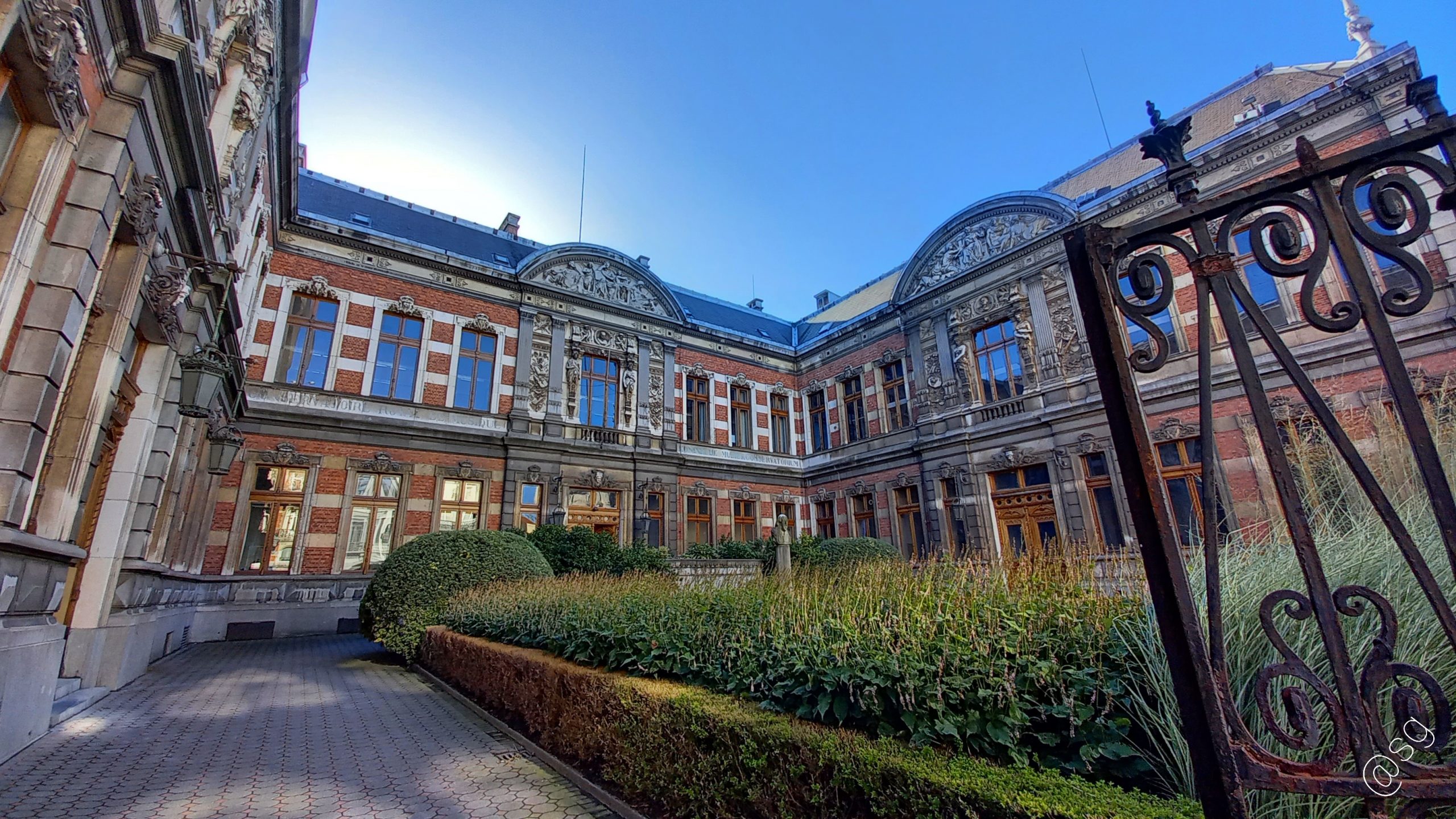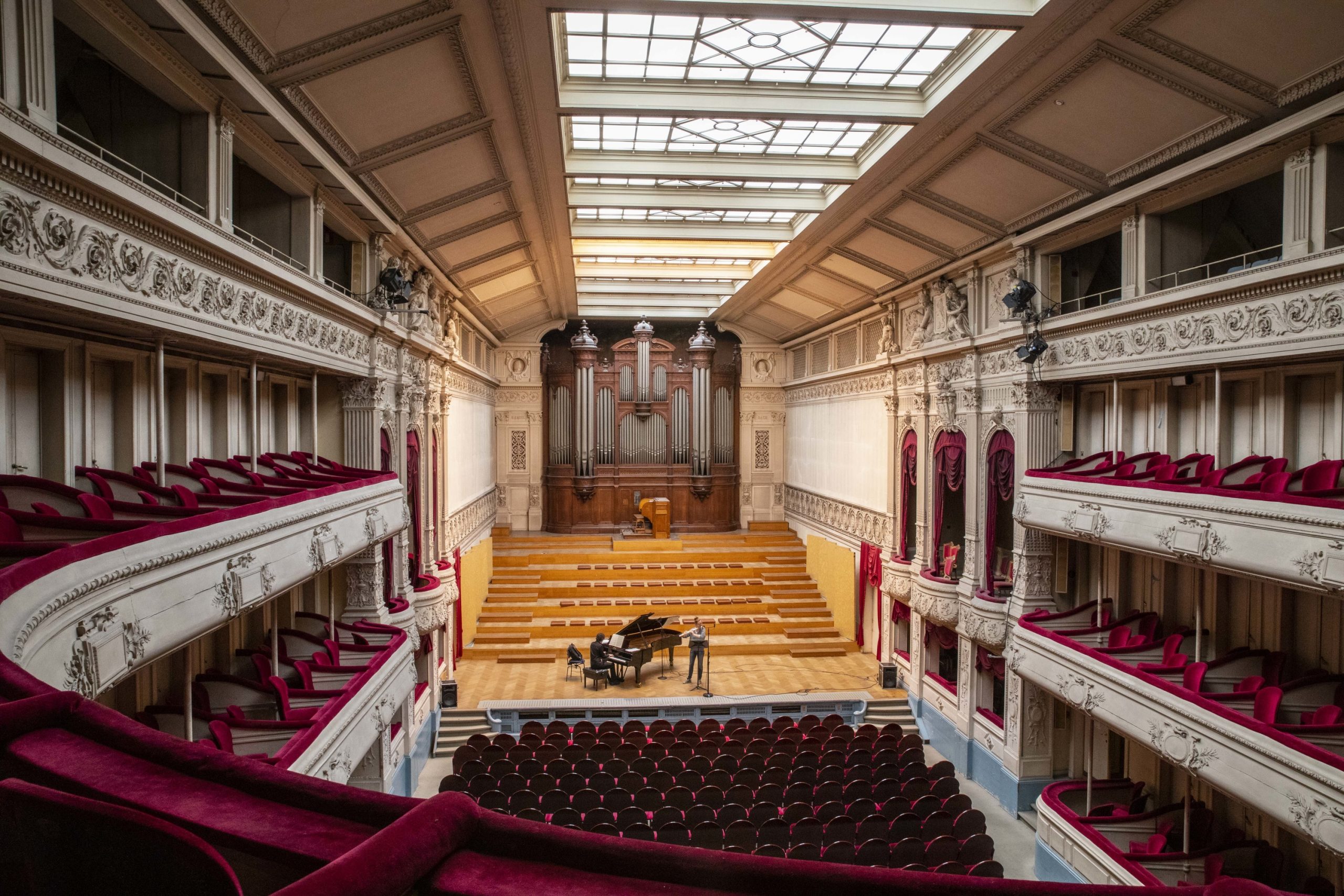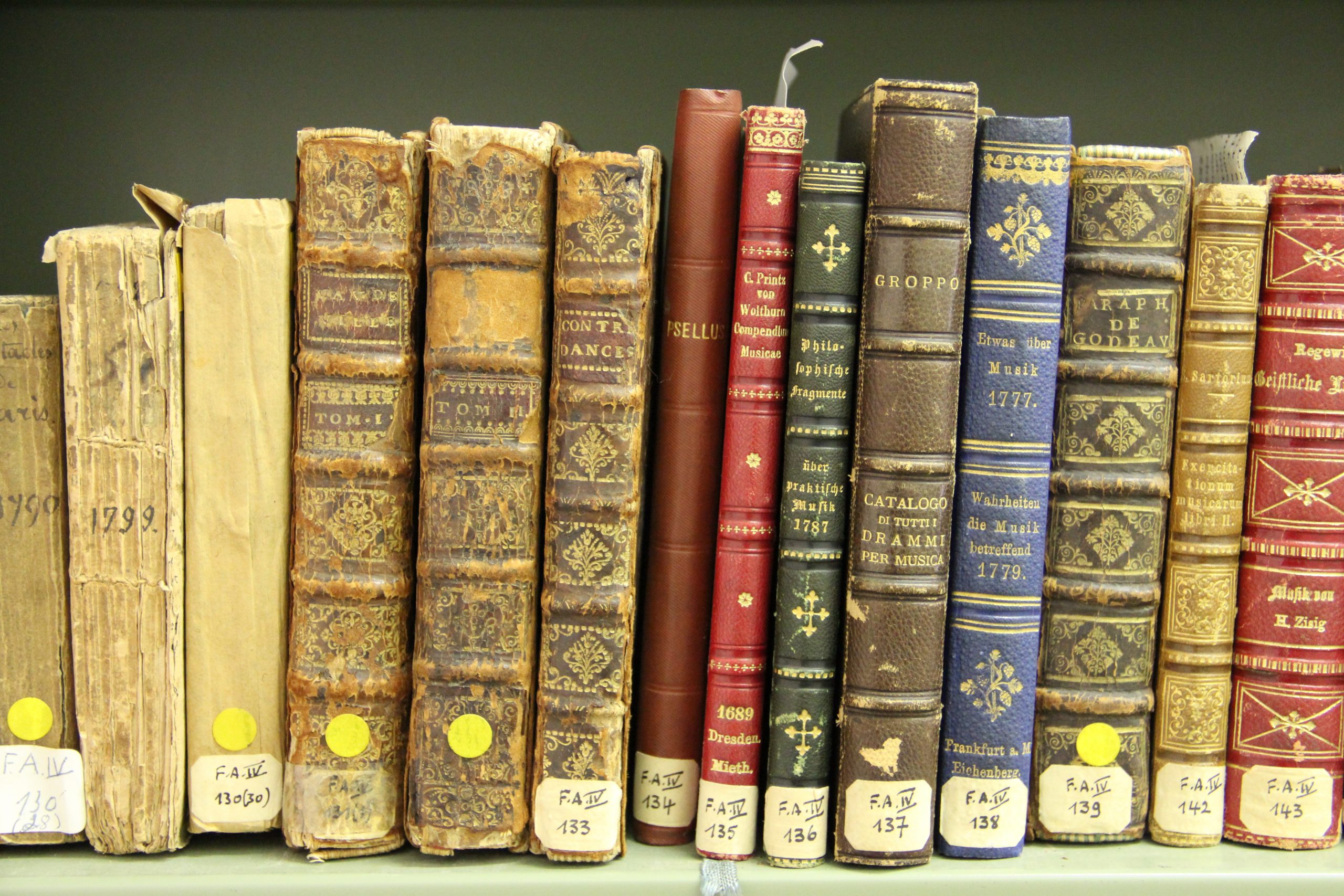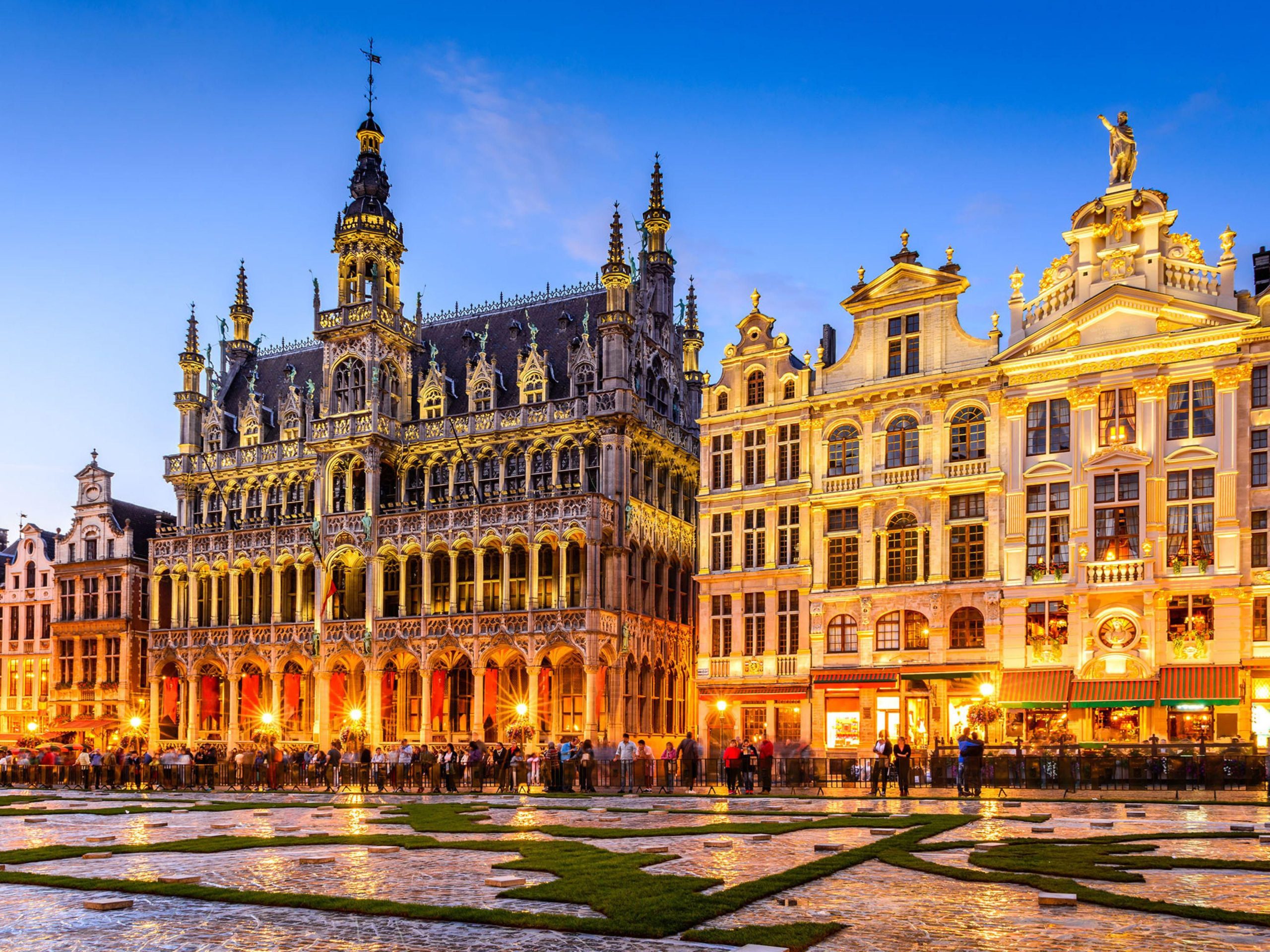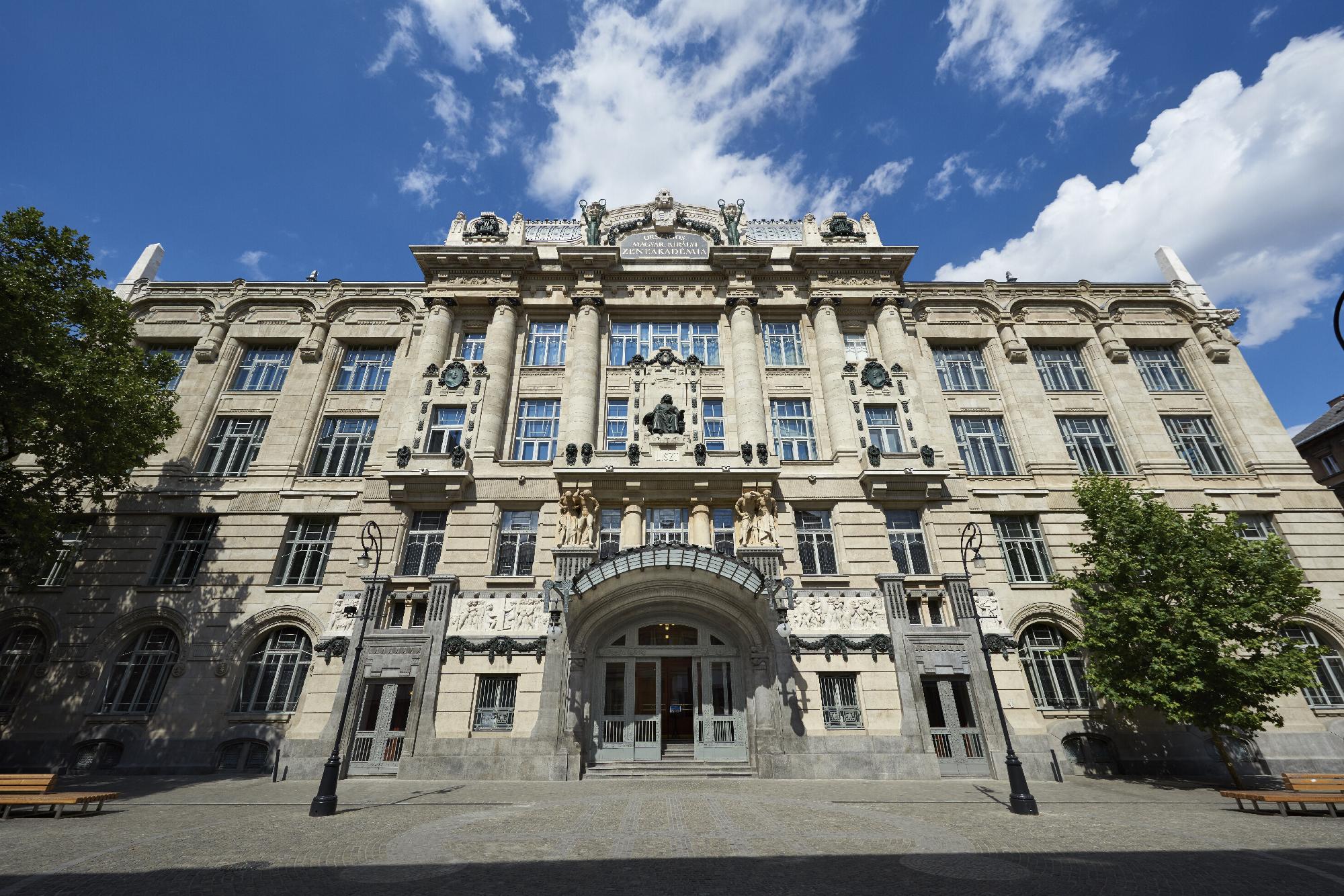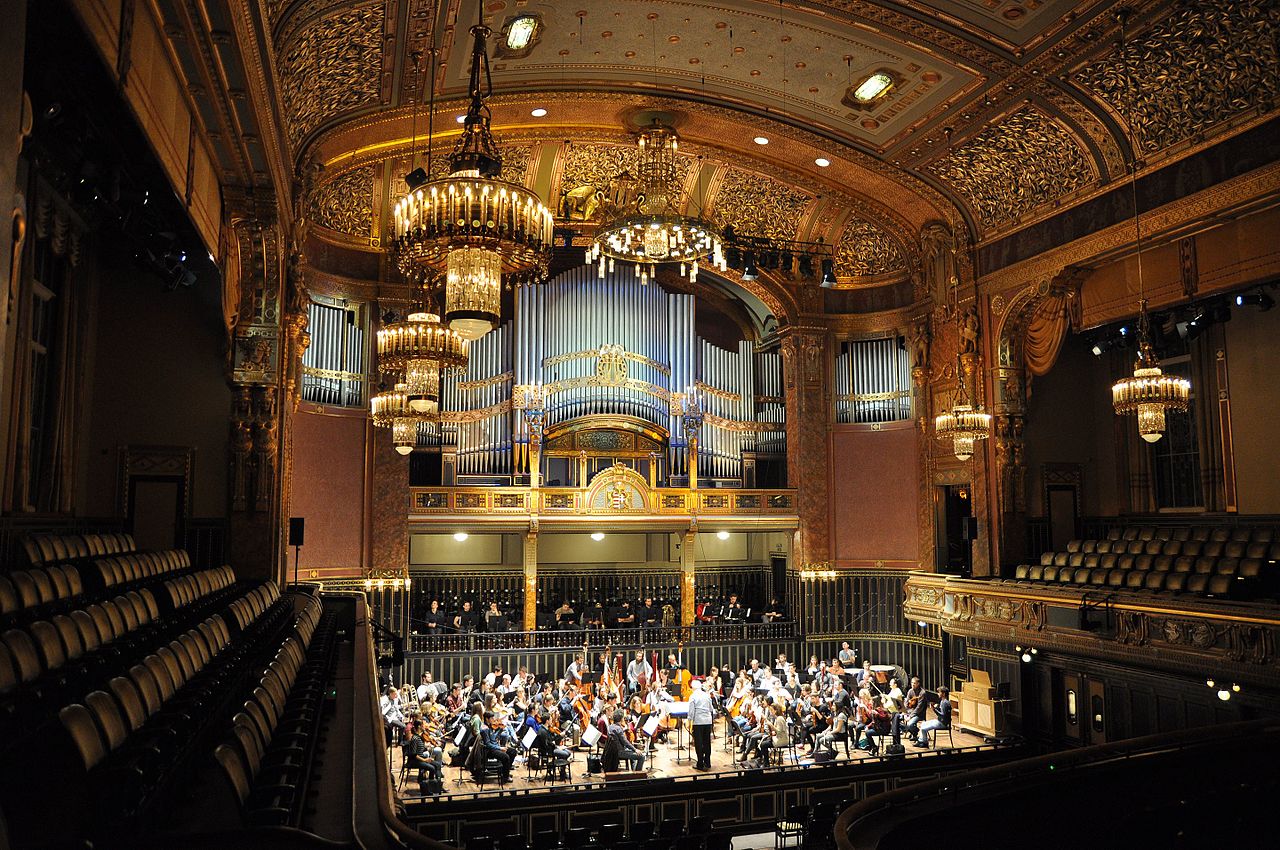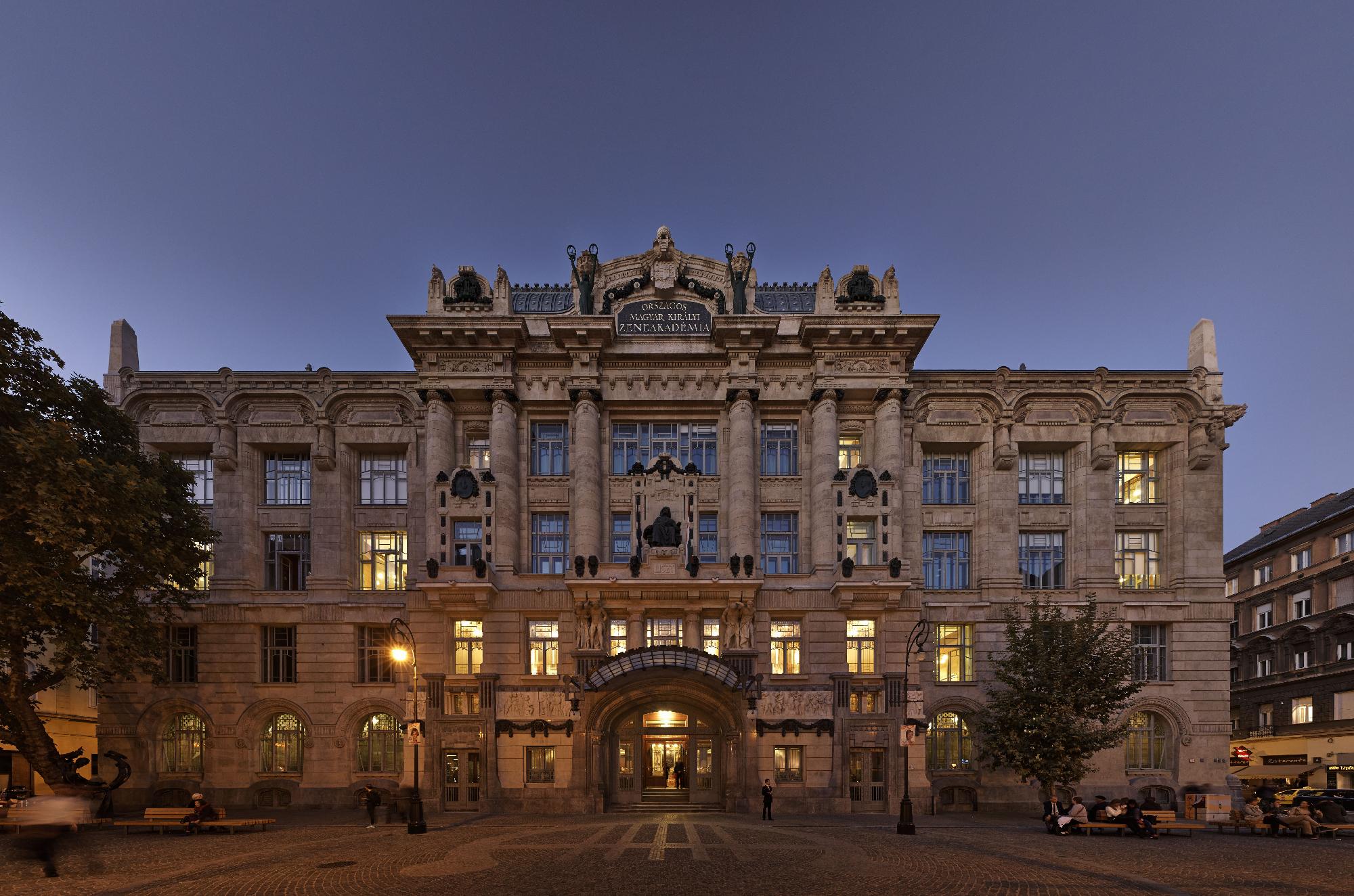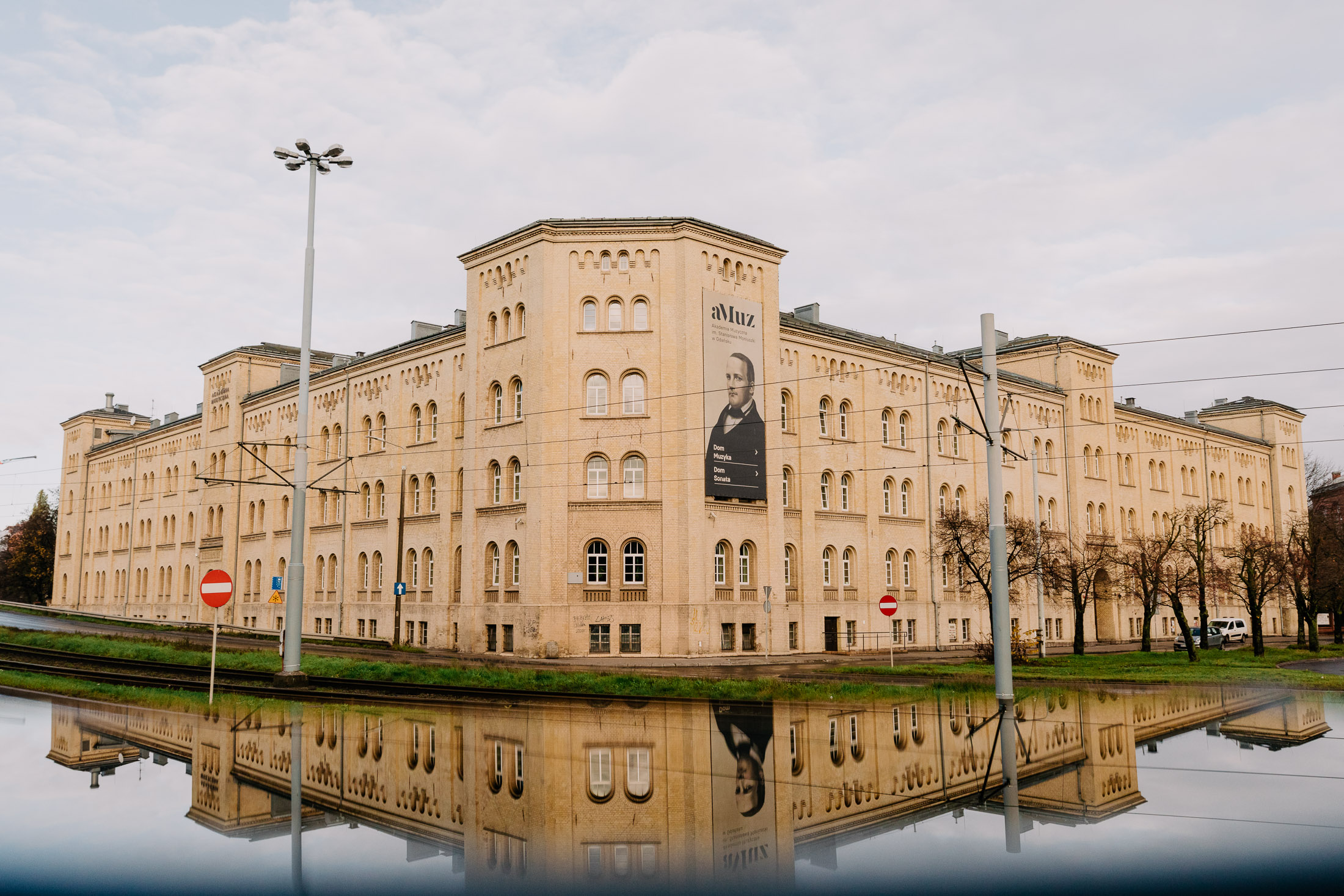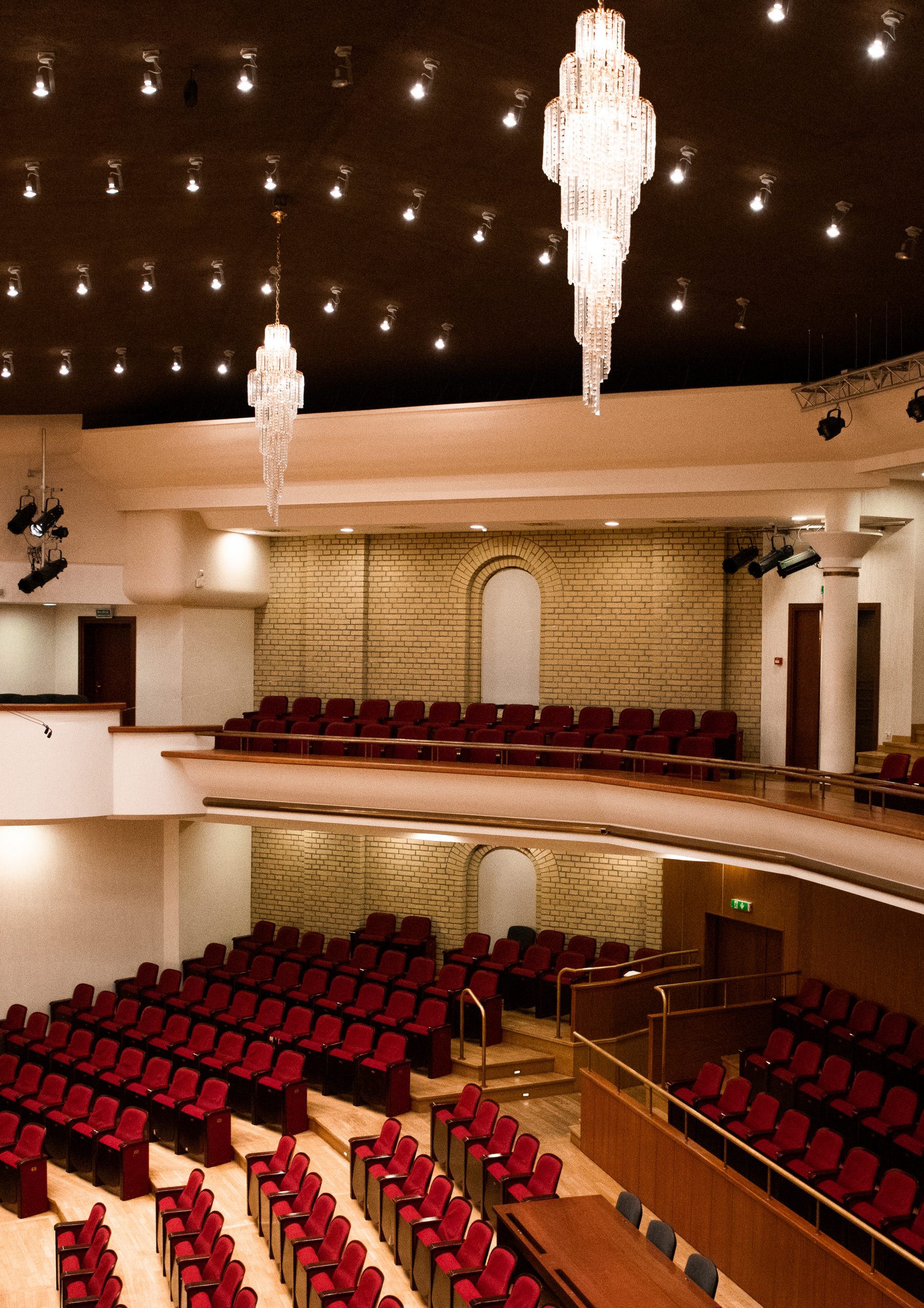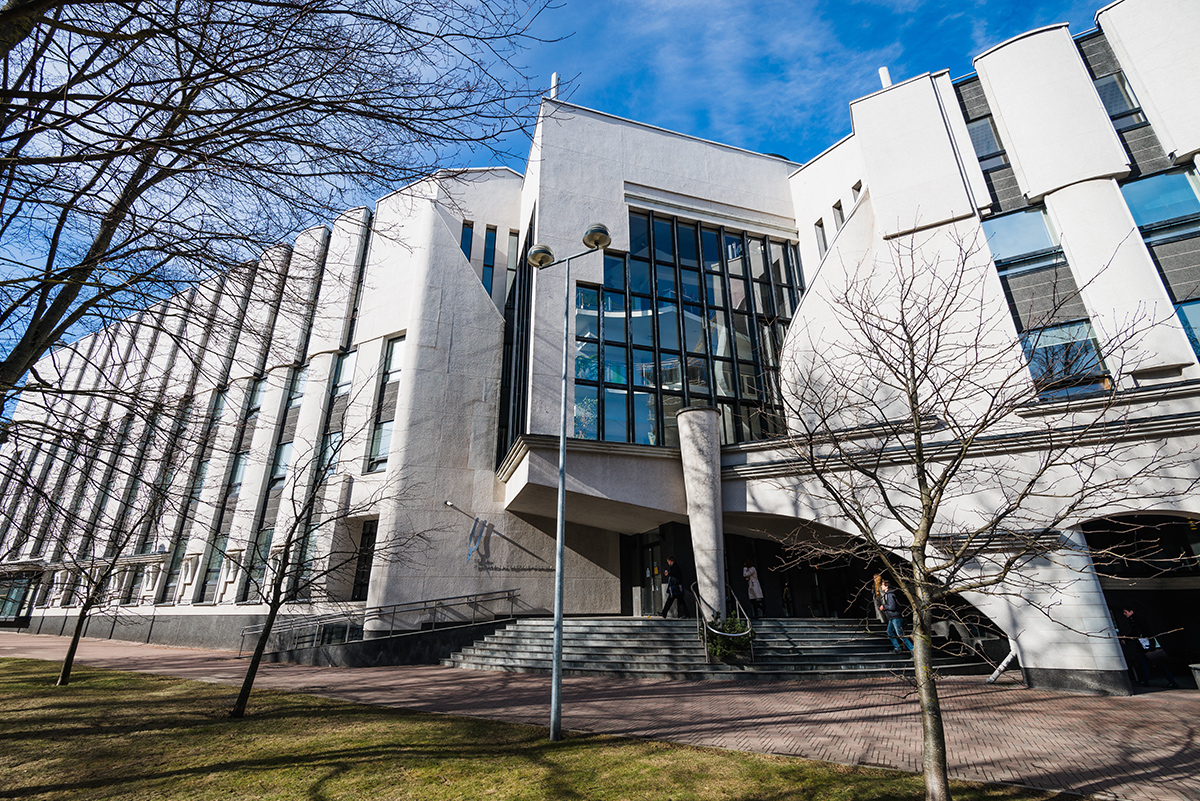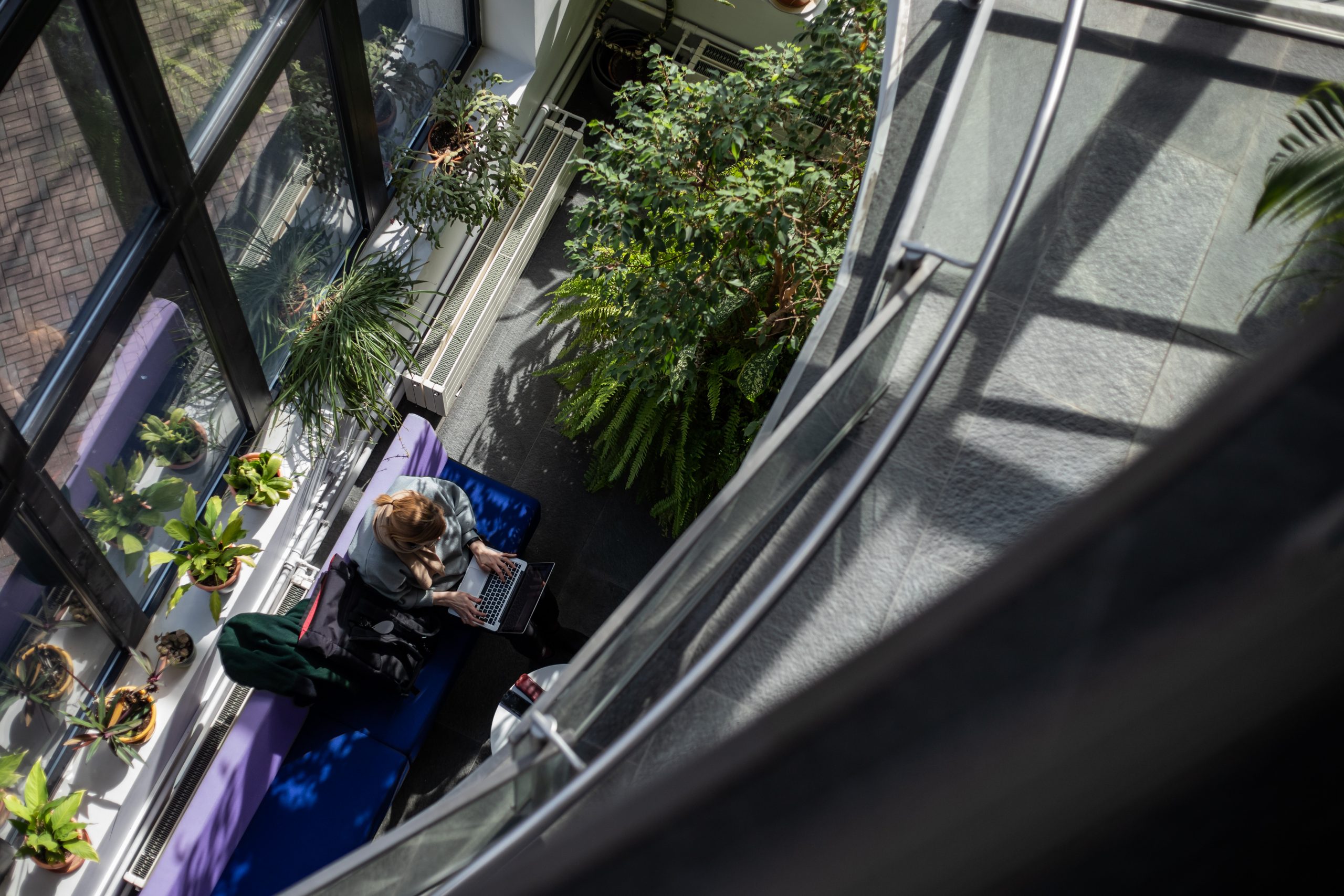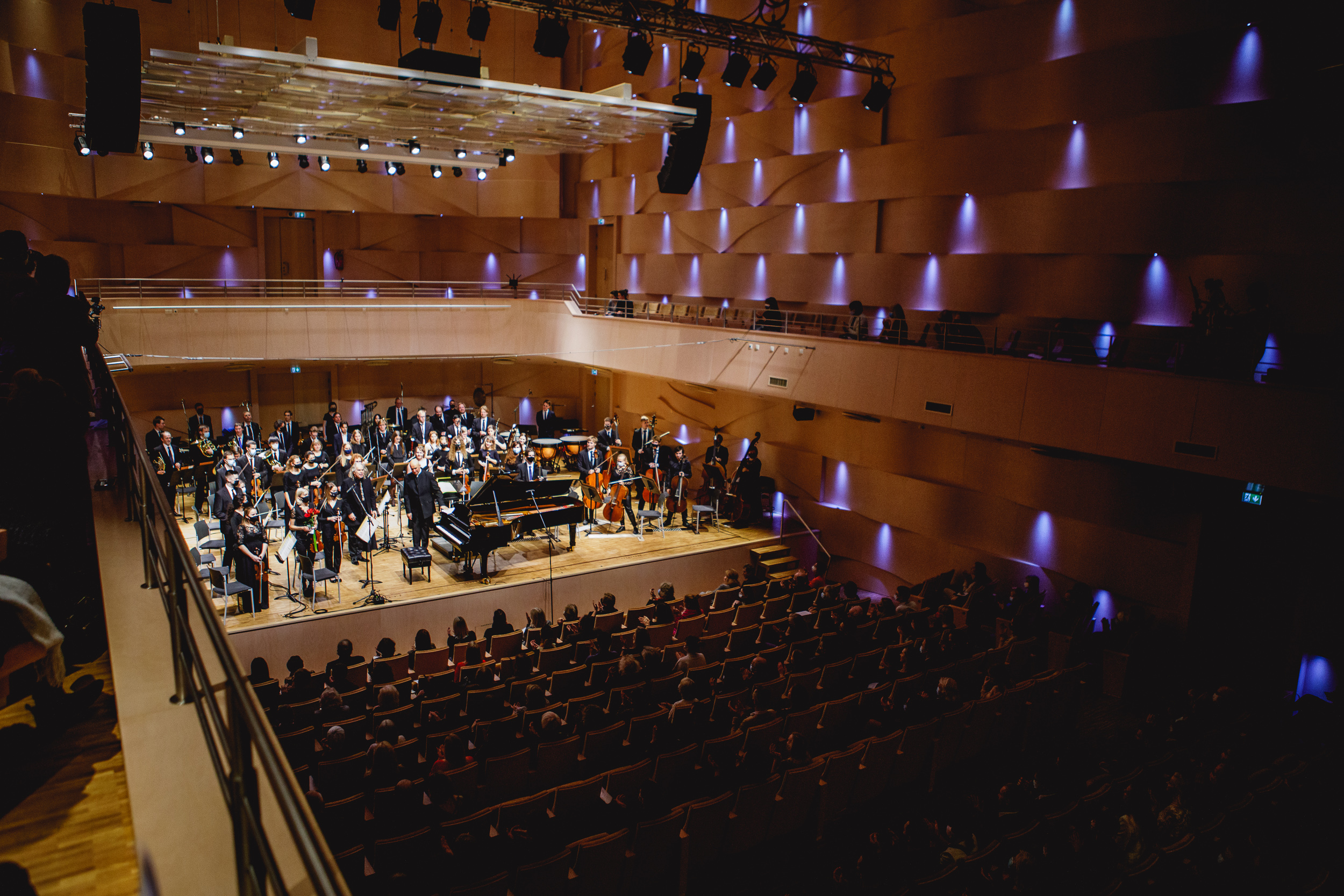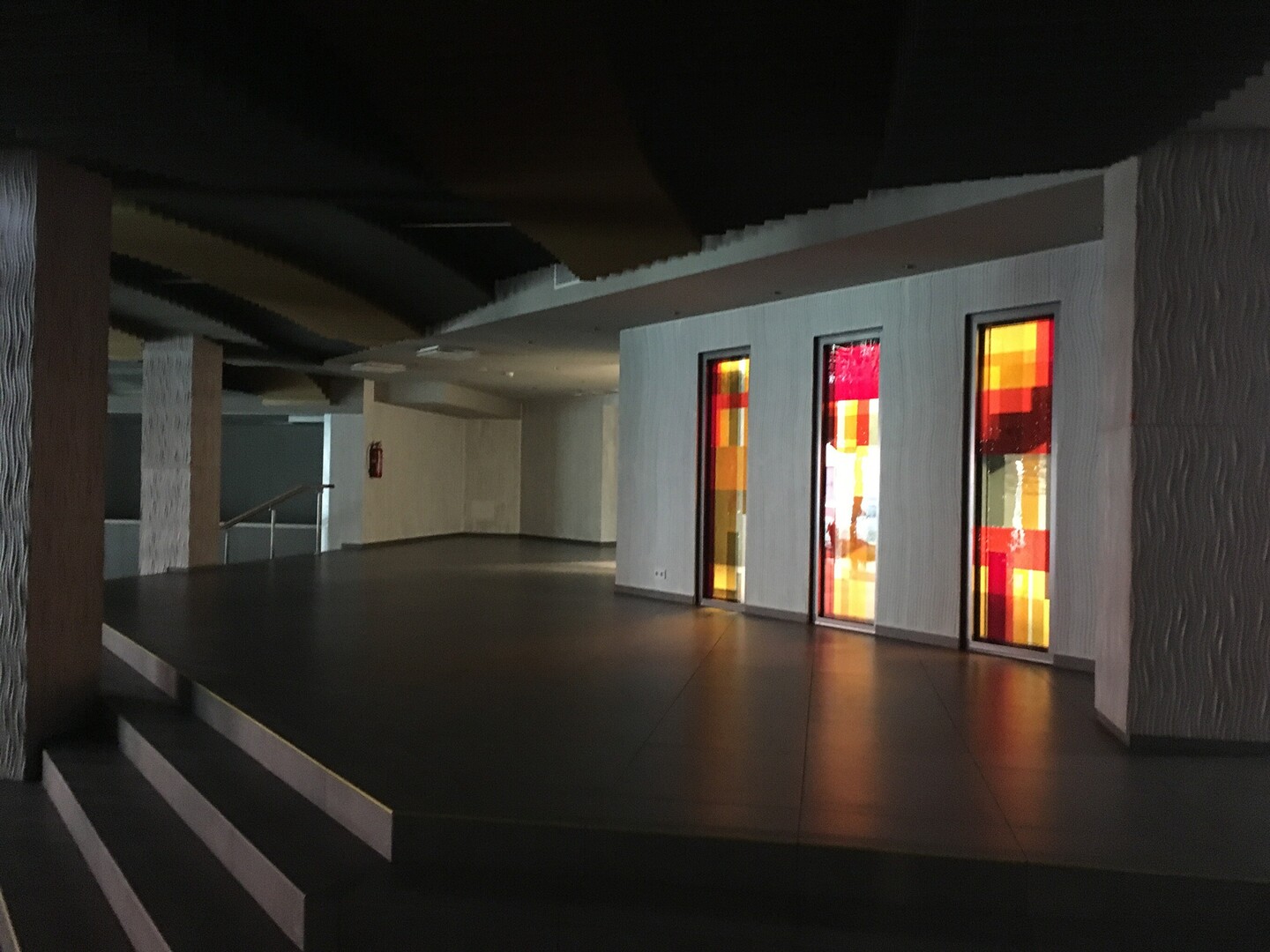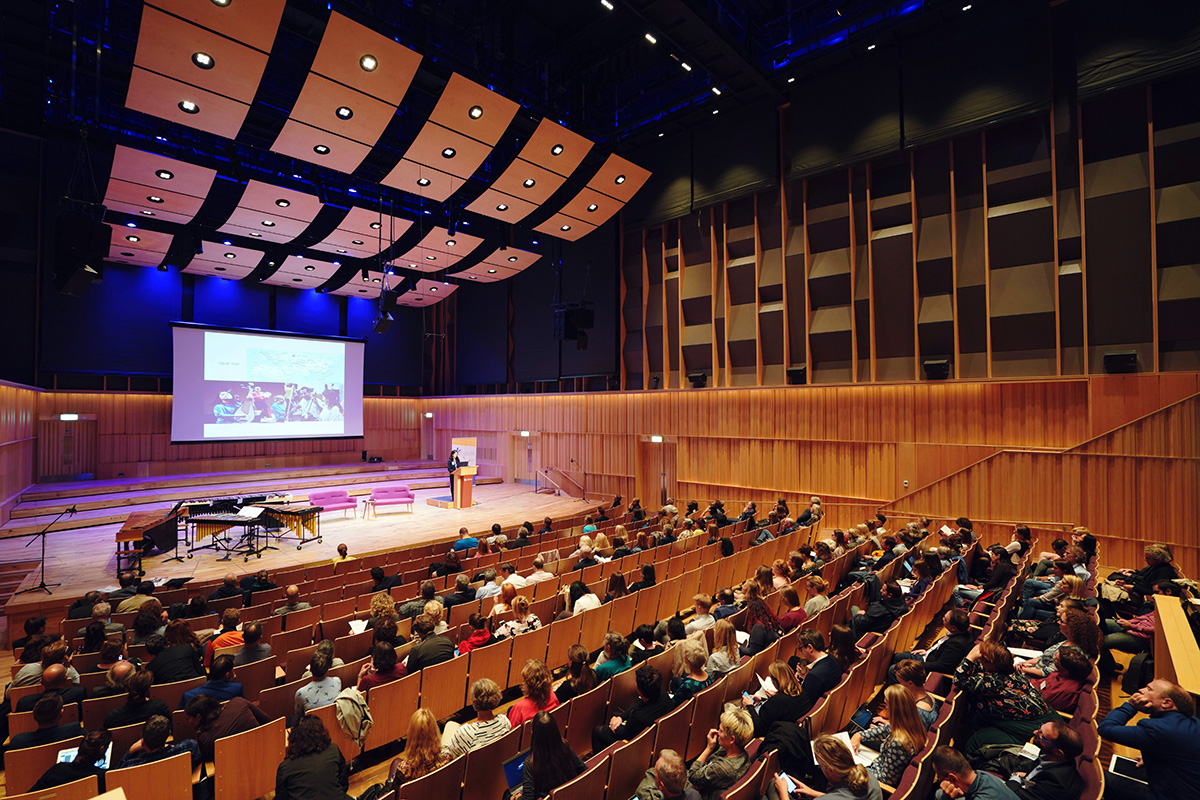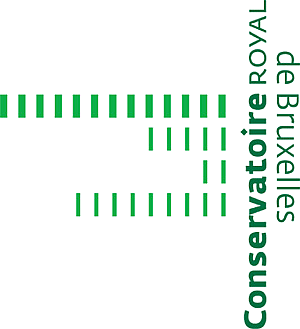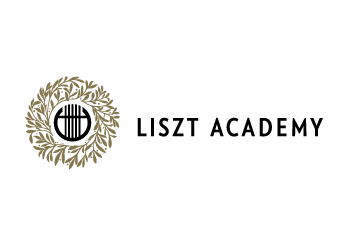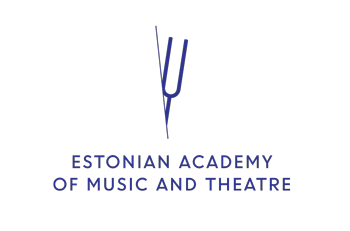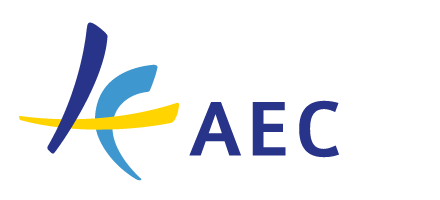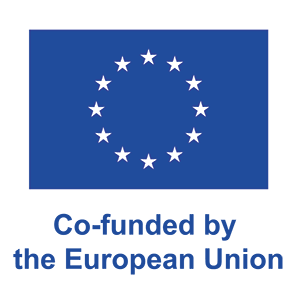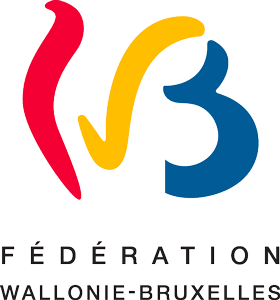HarMA+
European landscape of teaching practices and pedagogical innovation in HMEI’s –
Harmony and Music Analysis fields
KA 203 Erasmus+ Programme
Strategic Partnerships for higher education
Cooperation for innovation and the exchange of good practices.
ID Project : 20PS0002
This project created by Salvatore Gioveni (Conservatoire royal de Bruxelles) promotes cross-border collaboration in the field of music theory through sharing knowledge and transferring pedagogical innovation. It thus responds to a lack of centralised sources and framework to deepen reflection by means of cross-disciplinary study at European and international level. There is a significant wealth of educational practices from one country to another in this sector, especially in terms of harmonic musical notation and analysis. However, Music HMEI’s are facing the nonexistence of a European network for pedagogical staff in music theory so far in order to share their pedagogical practices. To improve the situation, the project will, among other things, develop
4 intellectual outputs (IO) led by the following partners:
IO 1 – European digital platform
IO 2 – An European bibliography
IO 3 – A repository of courses’ descriptions
IO 4 – A multilingual glossary of basic terms
This project answers the need to develop collaborative tools, share knowledge and transfer pedagogical innovation in the very specific field of music theory in higher music education institutions throughout Europe by working towards a pedagogical rapprochement. These courses are often the object of pedagogical reflections but there’s a lack of a centralised source and framework to support this reflection by means of cross-disciplinary study at European and international level. A certain pedagogical adaptability must lead teachers to reopen their pedagogical perspective and to teach their students using other methodologies or at least share them. The project intends to tackle the question of the transfer of practices and methodologies between higher music education institutions (HMEI), in particular for music theory courses. Indeed, there is a significant wealth of educational practices from one country to another in this sector, especially in terms of harmonic musical notation and analysis.
Nevertheless, in order to share their methodologies and their own practices through a comparative platform, HMEI are facing the nonexistence of a European network for pedagogical staff in theoretical subjects such as harmony, musical analysis, ear training, solfeggio, specific to the realities and practices of HMEI’s. We know that there are national music theory societies or congresses for theorists but the HarMA+ project offers a unique place for exchanging good practices and teaching methods. It will establish a unique platform landscape of this European diversity, as well for non-musicologists or non PhD theorists in HMEI’s and small institutions. The project try therefore to reach this community in order to increase transfer knowledge.
These HMEI, however, have an increased need to develop their internationalisation and therefore develop a network between teachers to look for other sources and practices and update their own courses content or develop new music theory subjects in their institution.
The project, targeting music theory departments’ community (institutions, teachers, students and professionals) in HMEI’s will pursue the following objectives:
- Collect, analyse, share, compare and transfer the pedagogical practices of the music theory courses among HMEI in Europe
- Create a meeting and exchange room for teachers of these disciplines in order to encourage the confrontation of practices and the development of joint tools
- Create a reference platform for music theory lessons
Maintain and develop the place of music theory courses in the curricula of the various higher education institutions concerned
Maintain, develop, modernise, update and promote music theory courses and their curricula - Develop a network of teachers of theory courses in musical fields
Foster and strengthen the links between higher education institutions, research and professional musicians in the field of music theory in Europe - Foster and strengthen the internationalisation of higher music education institutions
Our partnership is aiming to develop, within this project, several intellectual outputs and activities to reach results following the project’s objectives. We plan to particularly work on innovation in the area of music theory to:
- Develop an online exchange platform on harmony and music analysis – IO 1
- Develop a dynamic European bibliography – IO 2
- Develop a catalogue of new methodologies and practices – IO 3
- Develop a multi language terminology dictionary in music theory – IO 4
- Organise 1 training for staff and 1 intensive programme for students
- Organise 1 dissemination conference and 1 final conference gathering at least 200 participants coming from HMEI’s across Europe and beyond
- Foster transfer of new methodologies and practices into music theory courses
- Strengthen the internationalisation of each participating institutions
Develop a network between teachers to look for other sources and practices - Update their own courses content or develop new music theory subjects in their institution
The project intends to have a wide impact mainly at national and European – International level by giving the HMEI’s in Europe providing music theory courses online tools to help the music theory community (students and staff) to find resources, new methodologies and courses content to reinforce the skills of the teaching staff and the students.
Results of the project will be available for free in a digital format, and integrated into the digital platform – IO 1 to ensure their visibility and a wide exploitation by the institutions organising music theory courses.
We are particularly proud of our 5 project’s partners and IT Team without whom we would not be able to make true this European KA203 project !
